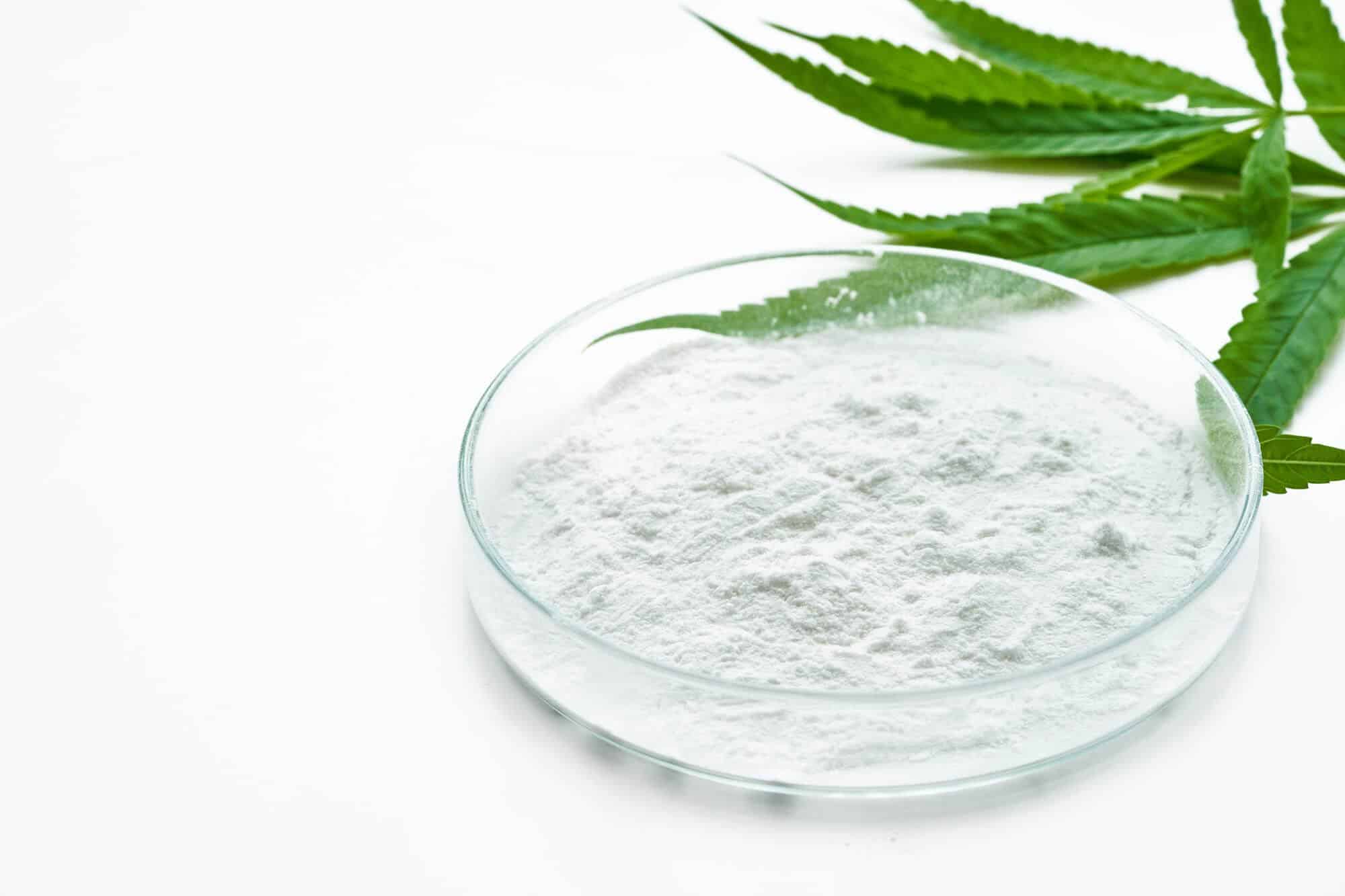A recent, groundbreaking decision in the Tel Aviv District Court has set a new precedent when it comes to the regulation of CBD (cannabidiol) in Israel. In an unprecedented move, a woman who purchased 3 kg of this substance returned her CBD after it was seized by the Israel Police.
This action is seen as a milestone, as it signals a growing acknowledgment that CBD products may have legitimate medical uses and should be made available to those who are legally eligible to use them.
It will also likely speed up the process of making CBD more accessible and could pave the way for further changes within the industry.
What is CBD?
Before diving into this groundbreaking decision, it is important to understand what CBD is and why it has become increasingly popular in recent years. To put it simply, Cannabidiol (CBD) is one of over 100 chemical compounds derived from cannabis plants. Unlike its close relative, tetrahydrocannabinol (THC), CBD does not produce any psychoactive effects or “highs” when consumed by humans. Instead, research suggests that CBD can provide many health benefits such as pain relief, reduced anxiety and depression symptoms, improved sleep quality and much more.
What is CBD Isolate?
CBD isolate is a type of CBD product which is made from pure, isolated cannabidiol that has been extracted from the cannabis plant. It contains no other cannabinoids or terpenes. This makes it one of the most popular forms of CBD as users can be sure that they are getting a highly concentrated dose of the active ingredient without any of the other potentially unwanted properties that come from other types of cannabis products.
As a result, CBD isolate is often used to treat a variety of medical conditions and is even being studied for its potential therapeutic benefits. In Israel, it has become increasingly popular due to its availability and legality in the country.
Judge Zion Kapah’s Ruling
In his ruling on the Tel Aviv District Court case, Judge Zion Kapah noted that while certain forms of cannabis are illegal according to Israeli law, there was no legal basis for confiscating uncontaminated CBD products which do not contain THC levels as required by law. He also observed that since hemp-derived products are widely available in many countries around the world—including Israel—the seized material could not be considered illegal narcotics under domestic or international laws. Taking all these facts into consideration, he ruled in favor of the petitioner’s request for returning his property and ordered that all confiscated items should be released back to him immediately.
Implications of this Precedent Decision
This decision sets a powerful precedent for other cases involving seizures of pure CBD products in Israel and beyond. It also highlights how outdated certain drug laws may be when it comes to regulating substances such as hemp-derived cannabinoids which are now being used legally in dozens of countries around the world as health supplements or even food additives in some cases. Furthermore, it could pave the way for further legalization of cannabis extracts like CBD across countries if similar rulings emerge from other courts around the world in response to petitions by people seeking access to these natural remedies without fear of prosecution or criminal charges.
Conclusion
The precedent set by Judge Zion Kapah’s verdict on the Tel Aviv District Court case concerning a petitioner’s right to possess uncontaminated cannabidiol (CBD) products has far-reaching implications for users across countries who wish to enjoy access to these natural remedies without fear of seizure or criminal charges. This ruling sheds light on how outdated certain drug laws may be when it comes to regulating substances such as hemp-derived cannabinoids which are now being used legally in dozens of countries around the world as health supplements or even food additives in some cases – with potentially profound implications for medical research and public health policy going forward.

